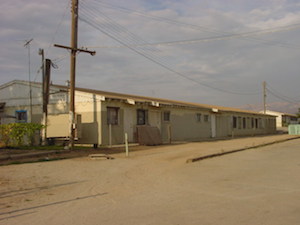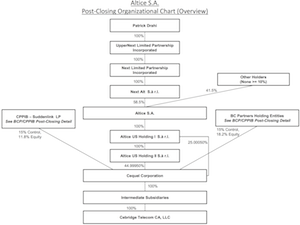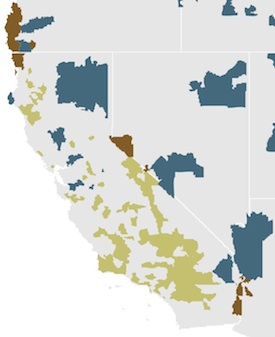Move at the FCC to unlink rural broadband subsdies from telephone service

Wouldn’t it be easier to just Skype?
Federal Communications Commission rules require any service provider that applies for broadband subsidies under universal service fund programs also offer telephone service. It’s not because of any law of nature – the California Advanced Services Fund functions quite well without screwing around with dial tone requirements – but rather simply the result of bureaucratic inertia.
The FCC’s decision to bring broadband service and infrastructure under common carrier rules hinted at broadband-only subsidies.… More



![By David Ball (Original work) [GFDL (https://www.gnu.org/copyleft/fdl.html), CC-BY-SA-3.0 (https://creativecommons.org/licenses/by-sa/3.0/) or CC BY 2.5 (https://creativecommons.org/licenses/by/2.5)], via Wikimedia Commons](https://www.tellusventure.com/images/2015/6/the_golden_gate.jpg)




![By PH1 R.J. Lincoln, USN (U.S. DefenseImagery photo VIRIN: DN-SC-82-00353) [Public domain], via Wikimedia Commons](https://www.tellusventure.com/images/2015/6/carrier.jpg)
